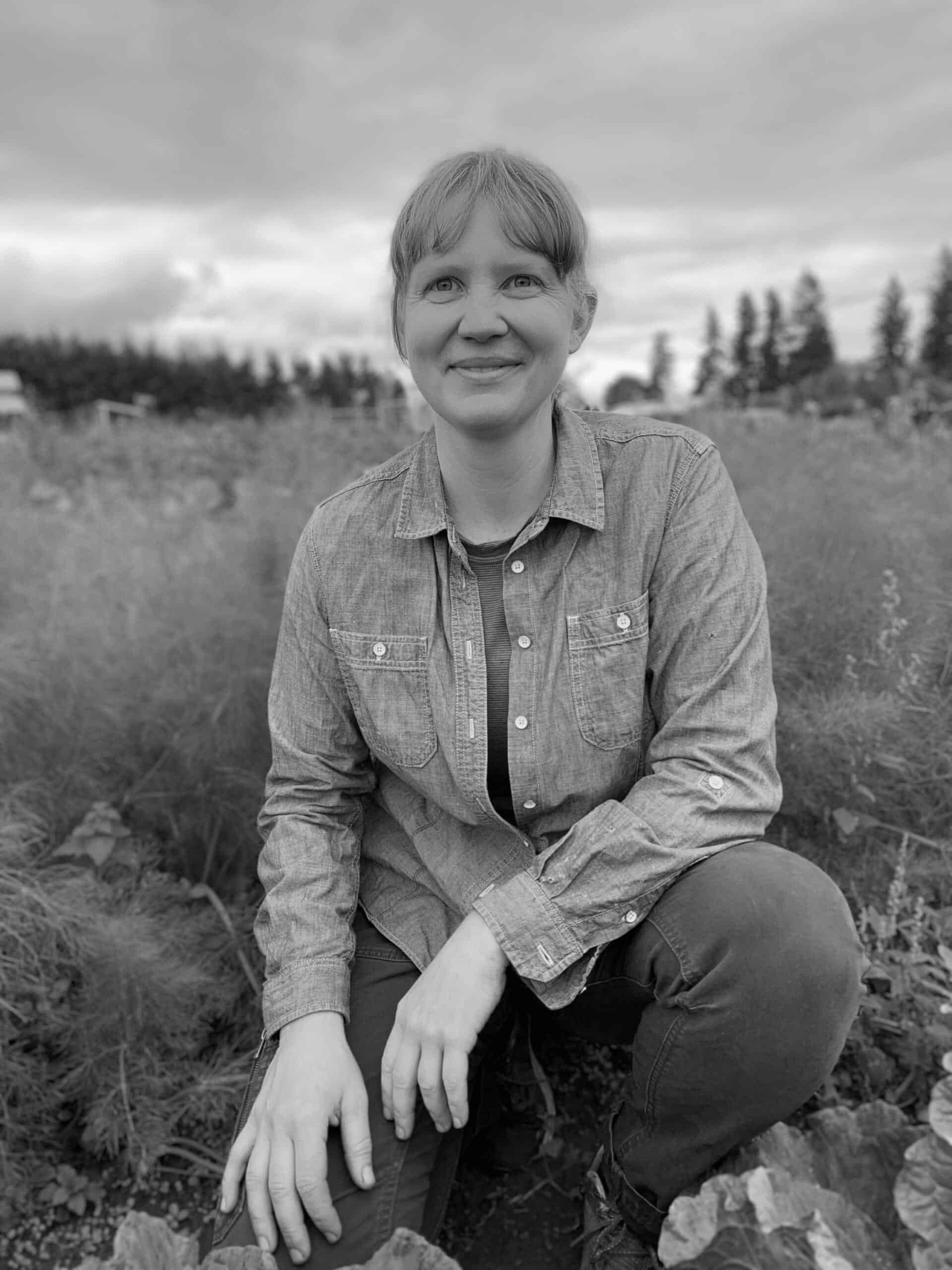OFRF’s Conference Draws Researchers from Near and Far
January 30, 2018 – OFRF’s 2018 Organic Farming Research Conference was held on January 26th.in partnership with the Northeast Organic Farming Association of New Jersey (NOFA) and Rutgers University.
The day-long session included twenty presentations by researchers from up and down the East Coast—including Rutgers University, University of Maine, University of West Virginia, and New York University—and as far away as the University of Hawaii and USDA-ARS North Dakota.
Topics ranging from fertility, soil health, and climate change, to animals, pests, nutrition, biodiversity and the environment, provided for a well-rounded day wrapping up with a quick dive into economics and marketing.
After the conference, a poster session and social gave attendees and presenters more time for networking and discussion. Guest speaker Mark Shepard, the founder of Restoration Agriculture Development and CEO of Forest Agriculture Enterprises, gave an informal talk and preview to his keynote presentation at NOFA’s conference the following day.
Shepard’s New Forest Farm is a planned conversion of a typical row-crops grain farm into a commercial-scale, perennial agricultural ecosystem using oak savanna, successional brushland, and eastern woodlands as the ecological models. Trees, shrubs, vines, canes, perennial plants, and fungi are planted in association with one another to produce food (for humans and animals), fuel, medicines, and beauty. Hazelnuts, chestnuts, walnuts and various fruits are the primary woody crops. The farm is entirely solar and wind-powered and farm equipment is powered by locally produced biofuels that are not taken from the human food chain.
In their follow-up surveys, attendees responded to a question regarding specific areas where there is a need for additonal research and education. They cited the need for more information geared to new and small farmers as well as specific extension assistance targeted to organic farmers. Other education and research priorities included more practical information on soil health, plant breeding, the use of beneficial microbials, cost-efficient inputs, pest and weed control, and livestock management.
Thank you to everyone whose contributions made this conference a success: Rutgers University, NOFA, all of our presenters, and everyone in attendance.
Results from all OFRF-funded research available in our online searchable database.
OFRF’s new series of Soil Health Educational Guidebooks are available to download here.



